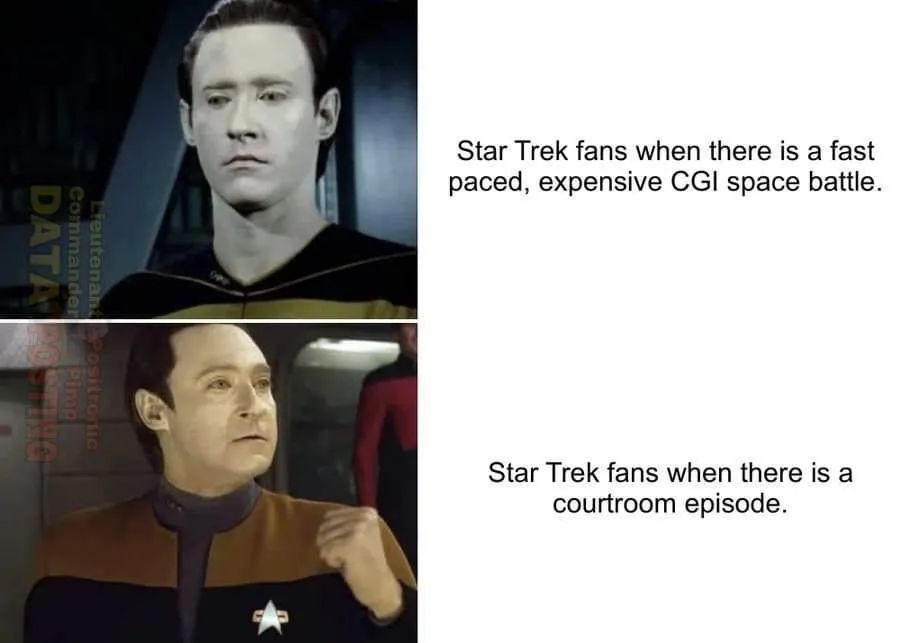Maybe I'm not getting it, maybe I need to rewatch the season but I feel that apart from the really good Lower Decks episode S2 is a weaker sophomore season. I feel a little frustrated with how weak arguments are made in Una's trial with an unsatisfying path to resolution and little headway made in making a better future; there is no point made to beginning systematic change. Khan made an appearance with no discussion towards the consequences of his future self's actions, like the message of the episode there is that he Eugenics War has to happen? Spock and Chapel's relationship isn't a high point, especially Chapel's arc being reduced to pining after Spock. Spock's identity and spectrum struggles misunderstood and reduced to humour and also discrimination(??) as other characters prefer his "all human" side? M'Benga reduced to being a violent man and his entire episode is full of mixed messages as well as a weak response from Captain Pike in the end. The Gorn don't feel like an intelligent species anymore, reduced to something completely animalistic. There is this pervasive idea that Starfleet is important, the institution is important, not the individual, not their worth as an individual but their worth is derived from their role in Starfleet. A lot of ideas and arguments thrown out there across the episodes but no core message. No "this is the correct answer" for systematic change, for a better tomorrow, rather just a bunch of "what do you think is the best option". Where is the struggle, the fight for utopia, the constant betterment of humanity? SNW doesn't go all the way, it's too safe, too milquetoast.

